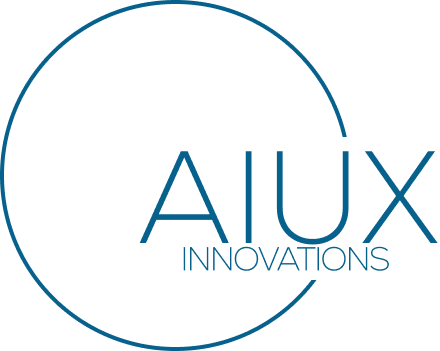Parking has always been one of the most universal frustrations in daily life. Whether you are driving into a city, heading to work, or arriving at an event, the process of finding a spot is often stressful, time-consuming, and unfair. For decades, people have circled blocks, fought for spaces, guessed at pricing, and worried about tickets. It is a problem we have come to accept—but one that is ripe for reimagination.
The Old Problem: Scarcity, Confusion, and Stress
Traditional parking systems burden drivers with uncertainty:
- Hunting for spaces in crowded lots or on busy streets.
- Unclear pricing that shifts between meters, lots, and private garages.
- Risk of fines or towing due to confusing signage or unpredictable enforcement.
- Inefficiency that leads to traffic congestion, wasted fuel, and missed appointments.
Parking is less about vehicles and more about human behavior. At its core, it is an experience of scarcity and competition.
The UX Reframe: From Guesswork to Guided Navigation
The question is not “how can we make parking meters smarter?” but “how can we design parking as a transparent, fair, and guided experience?”
By reframing parking, we move away from individual drivers struggling on their own and toward systems that anticipate needs, guide choices, and create confidence.
The New Experience: Parking Reinvented
- Real-Time Space Tracking
- Sensors and cameras feed data into a live map inside a driver’s navigation app, showing open spaces in real time.
- Dynamic Pricing Transparency
- Pricing updates based on demand, but is displayed clearly before you park. Drivers can make informed trade-offs—pay more for convenience, or less for a longer walk.
- Smart Reservation Systems
- Drivers reserve spaces ahead of time through apps, removing the uncertainty of “will I find a spot?”
- Integrated Vehicle Dashboards
- Parking availability, pricing, and navigation directions are displayed directly on in-car screens, eliminating the need to juggle multiple apps.
- Fairness Algorithms
- The system distributes spaces more equitably. Instead of “whoever rushes first,” reservations and allocations factor in need, proximity, or even carpool incentives.
The Payoff: Predictability and Confidence
For drivers, parking stops being an anxious guessing game. They know where they are going, what it will cost, and how long it will take. For cities, the benefits include reduced congestion, better compliance, and more efficient use of space.
Parking shifts from being a stress-inducing bottleneck to a predictable, manageable part of the journey.
Broader Lesson: UX as a Tool for Fairness
Parking is more than logistics—it is an equity issue. By UX’ing this old problem into something new, we can design experiences that are not only efficient but fair. Transparent pricing, guided navigation, and equitable access create trust in systems that have historically felt random and punitive.
When designed thoughtfully, parking can evolve from a daily frustration into a model of how technology and human-centered design can turn competition into clarity.
